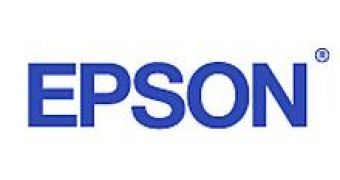Seiko Epson Corporation announced that it has begun offering licensing for its A-GPS (Assisted Global Positioning System) reception technology for mobile phones and portable information terminals. This technology is designed for the SH-Mobile G2 application processor developed jointly by Renesas Technology, NTT DoCoMo, Fujitsu, Mitsubishi Electric and Sharp.
Epson will provide licensing for technology and information regarding GPS baseband processing and A-GPS-compatible software that will provide detection capabilities significantly better than those of existing GPS technology through an extensive signal detection range extending from strong outdoor to weak indoor signals. By integrating this technology with the mobile phone platform created using the SH-Mobile G2 and optimizing it for use in W-CDMA mobile phones such as FOMA models, it will become possible to obtain high-speed and high-precision positional information from locations indoors, outdoors or within moving vehicles. This will provide mobile phone users with access to emergency support and location-based services that meet their needs and safety requirements.
GPS is a satellite-based positioning system that was originally developed by the United States for military purposes. GPS was also made available to the private sector, and is now used widely for navigational support in airplanes and ships, as well as in car navigation systems. GPS receivers work by calculating positions after simultaneously receiving signals transmitted from multiple GPS satellites. However, conventional GPS receivers take several minutes to calculate a single position. Receivers using the A-GPS system, on the other hand, use signals from GPS systems collected remotely over networks such as the mobile phone network to complete positional calculations in a much shorter time.

 14 DAY TRIAL //
14 DAY TRIAL //